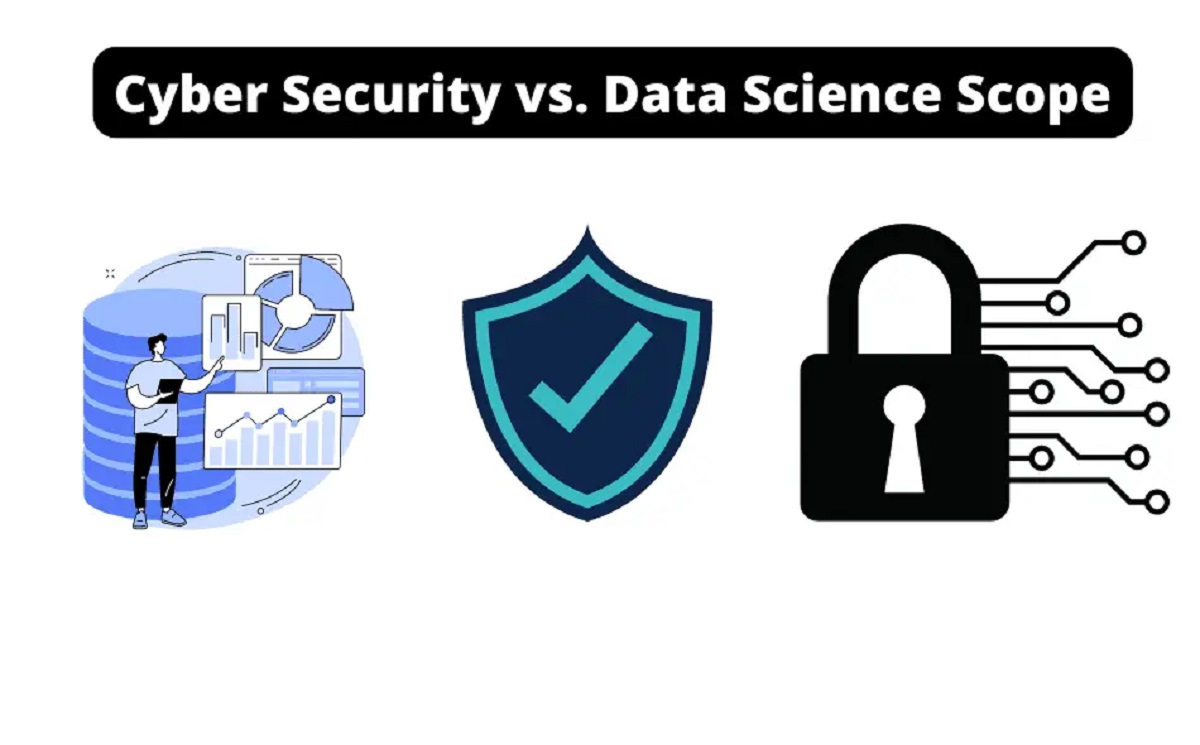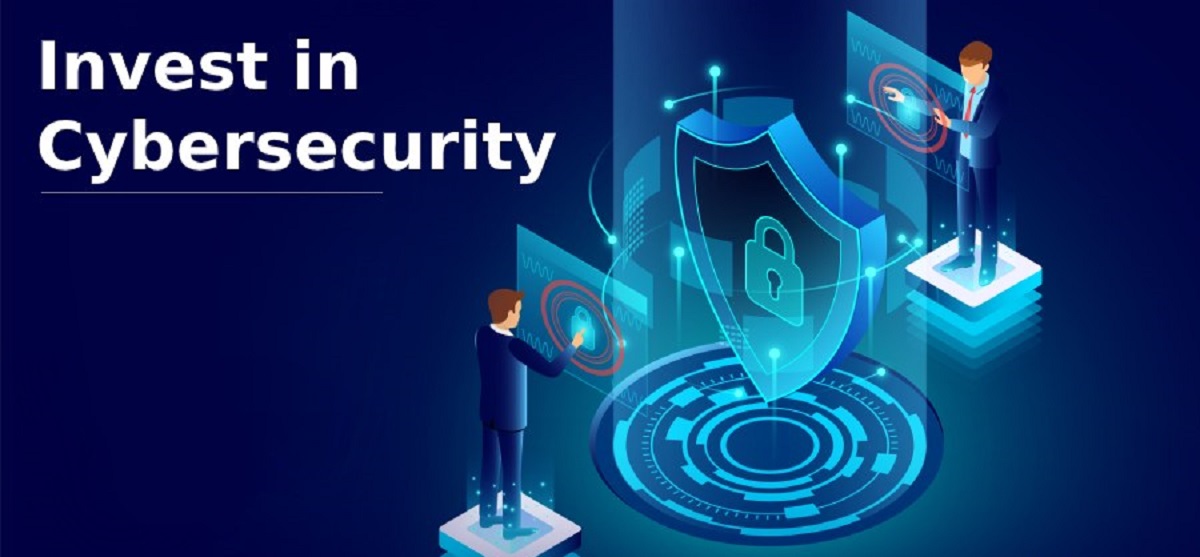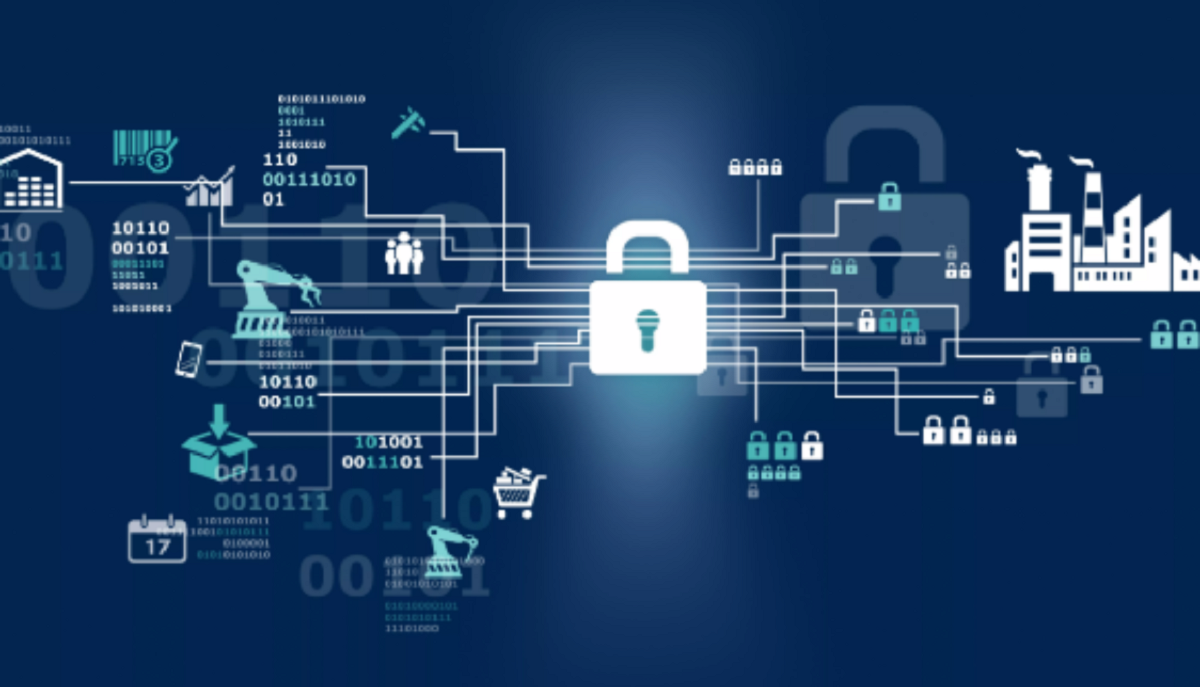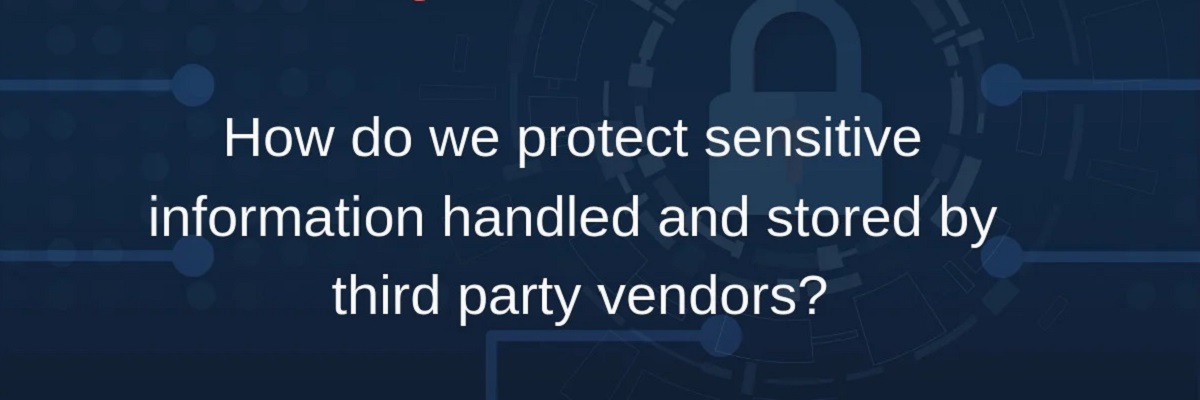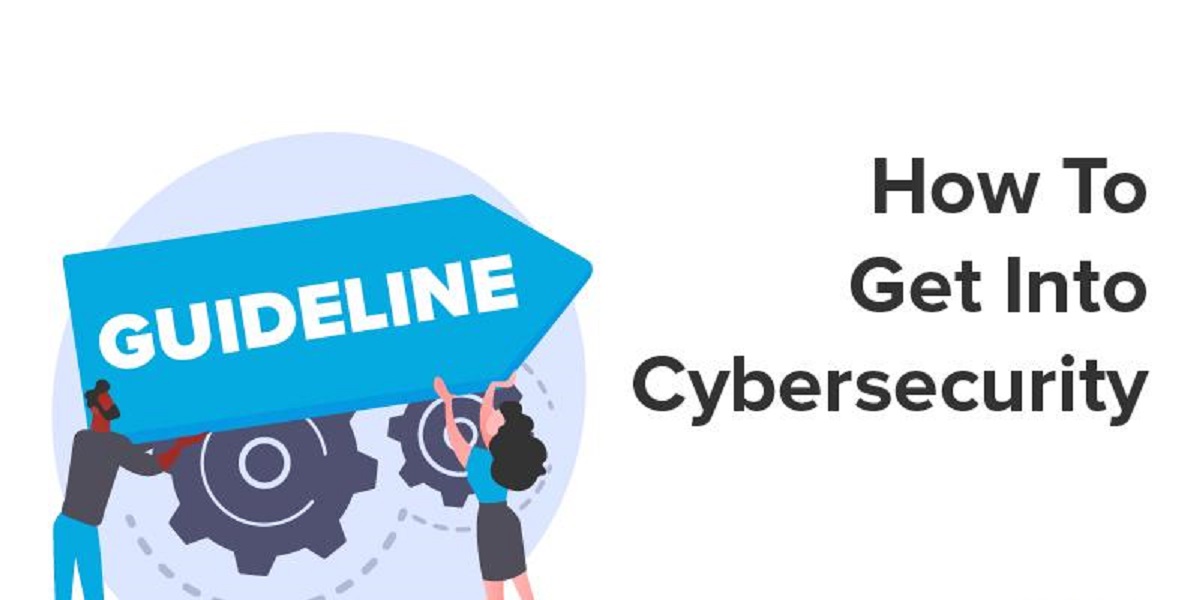Introduction
The construction industry, like many others, has increasingly become a target for cyber attacks in recent years. As technology continues to advance and the industry becomes more reliant on digital systems, the risk of cybersecurity breaches grows. Construction companies traditionally focused on physical security and overlooked the importance of securing their digital infrastructure. However, with the rise of remote workforces, the use of technology, and increasing instances of ransomware attacks, the vulnerability of the construction industry to cyber threats cannot be ignored.
One factor contributing to the growing cybersecurity risk in the construction industry is the significant increase in remote workforces. With the COVID-19 pandemic reshaping how business is conducted, construction companies have adopted remote work arrangements to ensure continuity of operations. While remote work offers numerous benefits, it also introduces new vulnerabilities to cyber threats. Employees working from home may use less secure networks and devices, making it easier for hackers to gain unauthorized access to sensitive information.
Furthermore, the construction industry has witnessed a rapid integration of technology into its everyday operations. From building information modeling (BIM) to digital project management tools, the use of technology has made construction processes more efficient and streamlined. However, this increased reliance on technology also exposes the industry to potential cybersecurity risks. Malware attacks, phishing attempts, and data breaches are some of the dangers that construction companies face as they embrace digital solutions.
In addition, there is often a lack of sufficient cybersecurity training and awareness among construction professionals. While cybersecurity is becoming increasingly important, many construction workers are not adequately trained to identify and respond to potential threats. This knowledge gap puts companies at a higher risk of falling victim to cyber attacks. Education and training programs need to be implemented across the industry to equip employees with the necessary skills to protect themselves and their organizations.
Ransomware attacks, in particular, have become prevalent and pose a significant threat to construction companies. Cybercriminals use malicious software to encrypt valuable data, demanding a ransom to restore access. These attacks can result in substantial financial loss, project delays, and damage to a company’s reputation. The construction industry handles sensitive and valuable data, making it an attractive target for such attacks.
Increase in Remote Workforce
The shift towards remote work in the construction industry has become increasingly prevalent, accelerated by the COVID-19 pandemic. With the need for social distancing and travel restrictions, construction companies have had to adapt quickly to ensure business continuity. The remote workforce provides flexibility and allows companies to continue operations even during times of crisis. However, this transition also brings about new cybersecurity risks that need to be addressed.
One of the primary challenges of the remote workforce is the use of less secure networks. When employees work from home or other remote locations, they often rely on personal Wi-Fi networks, which may not have the same level of security as those found in an office environment. These networks are more susceptible to hacking attempts and unauthorized access. Without proper security measures in place, hackers can exploit these vulnerabilities and gain access to sensitive information.
Additionally, employees may use personal devices, such as laptops or smartphones, to connect to company networks remotely. These personal devices may not have the same level of security as company-issued devices, increasing the risk of malware or unauthorized access. Furthermore, employees may unknowingly download or install malicious software or click on phishing emails, unknowingly introducing potential threats into the company’s digital infrastructure.
Another concern is the potential for data leakage or unauthorized sharing of sensitive information. Remote work environments can be more challenging to monitor, making it easier for employees to mishandle or disclose confidential data. Without proper training and protocols in place, employees may inadvertently compromise the security of company information, either through accidental data breaches or by falling victim to social engineering attacks.
To mitigate these risks, construction companies need to implement robust security measures for remote work environments. This includes providing employees with secure virtual private network (VPN) access to company networks, ensuring encryption of data transfers, and regularly updating security software. Employee training and awareness programs are also crucial in educating remote workers about cybersecurity best practices, such as recognizing phishing emails, using strong passwords, and securely accessing company systems.
Furthermore, regularly auditing and monitoring network activity can help identify any suspicious or unauthorized access attempts. Implementing multi-factor authentication for remote workers adds an extra layer of security to ensure only authorized personnel can access company resources remotely. By taking proactive measures to address the cybersecurity risks associated with remote work, construction companies can protect their sensitive data and maintain business operations without compromising security.
Use of Technology
The construction industry has embraced technology to streamline processes, improve efficiency, and enhance collaboration among stakeholders. However, this increased reliance on technology also opens up the industry to potential cybersecurity vulnerabilities. From building information modeling (BIM) to digital project management tools, the use of technology has become more prevalent in construction projects. While these advancements offer numerous benefits, they come with inherent cybersecurity risks that need to be addressed.
One of the main concerns with the use of technology in construction is the potential for cyber attacks targeting critical infrastructure. The interconnectedness of systems and devices, known as the Internet of Things (IoT), has significantly expanded the attack surface for hackers. Construction sites are increasingly equipped with IoT devices such as sensors, controllers, and cameras, which provide valuable data and enable real-time monitoring. However, if these devices are not properly secured, they can be exploited by cybercriminals to gain access to the network or cause disruptions to operations.
Another area of vulnerability is the reliance on cloud-based storage and collaboration platforms. While these platforms offer the convenience of storing and accessing project data from anywhere, they also introduce risks. Data stored in the cloud is susceptible to breaches if not adequately protected. Construction companies must ensure that these platforms have robust security measures in place, including data encryption, secure user authentication, and regular backups.
Furthermore, the integration of technology in construction projects often involves the sharing of sensitive information among stakeholders. This includes architectural plans, financial data, and employee records. As information is exchanged between parties, there is an increased risk of unauthorized access or data leakage. Construction companies must implement secure file sharing protocols and encryption methods to protect the confidentiality and integrity of the shared data.
Additionally, as construction projects become more digitalized, the reliance on software and applications increases. However, vulnerabilities in these applications can be exploited by hackers to gain unauthorized access or install malware. It is crucial for construction companies to regularly update and patch software, as well as employ robust antivirus and malware detection systems.
Addressing the cybersecurity risks associated with technology in construction requires a multi-layered approach. Companies need to invest in comprehensive cybersecurity solutions and protocols, conduct regular risk assessments, and provide ongoing training to employees. It is also essential to work closely with technology vendors to ensure that their products are secure and regularly updated.
By proactively addressing the cybersecurity risks associated with the use of technology in construction, companies can capitalize on the benefits while safeguarding their digital infrastructure and sensitive data.
Lack of Cybersecurity Training
One of the significant factors contributing to the growing cybersecurity risk in the construction industry is the lack of sufficient cybersecurity training and awareness among professionals. While cybersecurity has become a critical concern in various industries, including construction, many employees are not adequately trained to identify and respond to potential threats. This knowledge gap puts companies at a higher risk of falling victim to cyber attacks.
Construction workers often focus on their core responsibilities, such as project management, design, or physical construction. Unfortunately, cybersecurity is not always prioritized or considered an integral part of their job roles. As a result, they may not be aware of the latest threat landscape, best practices for protecting company data, or how to identify phishing attempts or other malicious activities.
It is crucial for construction companies to invest in comprehensive cybersecurity training programs for their employees. These programs should cover basic cybersecurity principles, such as password security, email and internet usage, and recognizing potential threats. They should also provide training on specific risks and vulnerabilities in the construction industry, such as the use of IoT devices, cloud-based platforms, and remote work environments.
Beyond basic training, construction companies should also offer specialized training for IT and security personnel. These individuals play a crucial role in building and maintaining a secure digital infrastructure. Their training should focus on network security, incident response, vulnerability management, and threat intelligence.
Furthermore, cybersecurity training should not be a one-time event. The threat landscape is constantly evolving, with new types of attacks emerging regularly. Therefore, companies should establish a culture of ongoing training and awareness. This can be done through regular workshops, webinars, newsletters, or internal communication channels. By keeping employees informed about the latest trends, threats, and best practices, companies can empower them to become active participants in protecting company data.
It is also important to involve senior management in cybersecurity training initiatives. Leaders in the construction industry play a vital role in setting the tone and priorities for the organization. By championing cybersecurity and emphasizing its importance, they can create a culture of security awareness throughout the company.
In addition to training, construction companies should consider implementing cybersecurity policies and procedures. These policies should outline guidelines for data protection, acceptable use of company resources, incident response protocols, and employee responsibilities. Regular assessments and audits can help ensure compliance with these policies and identify areas for improvement.
By prioritizing cybersecurity training and awareness, construction companies can develop a workforce that is better equipped to identify and respond to potential threats. This proactive approach can significantly reduce the risk of cyber attacks and protect sensitive company data.
Increasing Instances of Ransomware Attacks
One of the most alarming cybersecurity trends in the construction industry is the increasing instances of ransomware attacks. Ransomware is a type of malicious software that encrypts valuable data, effectively locking users out of their own systems. Cybercriminals then demand a ransom payment in exchange for restoring access to the data. These attacks can have severe consequences for construction companies, leading to financial loss, project delays, and damage to their reputation.
Ransomware attacks have been on the rise globally, impacting organizations of all sizes and industries. Construction companies are particularly attractive targets due to the sensitive and valuable data they handle. This includes project plans, client information, financial records, and proprietary data. The potential impact of losing access to this data can be devastating, not only in terms of financial losses but also in terms of compromised project deadlines and client trust.
There are several ways in which ransomware can infiltrate a construction company’s systems. Phishing emails, malicious attachments or links, and drive-by downloads are common methods used by cybercriminals. In some cases, attackers exploit vulnerabilities in software or hardware systems to gain unauthorized access and deploy the ransomware.
Preventing and mitigating ransomware attacks requires a multi-layered approach. First and foremost, construction companies need to prioritize regular backups of critical data. By maintaining offline backups stored securely and separate from the main network, organizations can ensure they have a copy of their data that is not accessible to attackers. This allows companies to restore their systems and avoid paying the ransom in the event of an attack.
Alongside regular backups, construction companies should implement strong cybersecurity measures, including robust firewalls, antivirus software, and intrusion detection systems. Keeping all software and systems up to date with the latest security patches and updates is also crucial in preventing vulnerabilities that ransomware attackers may exploit.
Employee awareness and training are essential in the fight against ransomware. Education programs should emphasize the risks associated with phishing attempts and encourage employees to be skeptical of suspicious emails or attachments. Regular training sessions can help employees recognize the warning signs of a potential attack and teach them how to respond appropriately.
In the unfortunate event of a ransomware attack, construction companies should have an incident response plan in place. This plan should outline the necessary steps to isolate the infected systems, report the incident to appropriate authorities, and coordinate with cybersecurity experts to recover data and restore systems.
Collaborating with cybersecurity professionals who specialize in ransomware attacks can be invaluable in both preventing and responding to such incidents. These experts can help construction companies assess vulnerabilities, develop robust security protocols, and provide guidance in the event of an attack.
By adopting proactive measures to prevent ransomware attacks and having a well-defined incident response plan, construction companies can significantly reduce their risk of falling victim to these devastating cybersecurity threats.
Importance of Data Protection
Data protection is of paramount importance in the construction industry as it handles vast amounts of sensitive and valuable information. From client details and financial records to project plans and proprietary data, construction companies possess data that is attractive to cybercriminals. Protecting this data is crucial to maintain business continuity, safeguard client trust, and comply with legal and regulatory requirements.
One key aspect of data protection is confidentiality. Construction companies must ensure that sensitive information remains accessible only to authorized personnel. This involves implementing secure access controls, such as password protection and role-based permissions, to prevent unauthorized access or data breaches. Encryption of sensitive data both at rest and in transit further enhances confidentiality by rendering data unreadable to unauthorized individuals.
Data integrity is another critical aspect of data protection. Construction companies rely on accurate and trustworthy data for decision-making and collaboration with project stakeholders. Ensuring data integrity involves implementing measures to prevent unauthorized modification or tampering of data. This can be achieved through mechanisms like digital signatures, data checksums, and data validation processes.
Availability of data is also essential for construction companies. Downtime due to cybersecurity incidents or data loss can result in significant financial losses and project delays. Implementing robust backup and disaster recovery strategies ensures that data can be restored and business operations can resume in the event of a security breach or system failure.
In addition to these core principles, compliance with legal and regulatory requirements is paramount. Construction companies are often subject to data protection regulations, such as the General Data Protection Regulation (GDPR) or industry-specific standards. Failure to comply with these regulations can result in severe penalties and reputational damage. Therefore, construction companies must understand their obligations and take necessary measures to comply with data protection laws.
Protecting data goes beyond technical measures. Employee awareness and adherence to data protection policies and procedures are crucial. Construction companies should regularly train employees on data protection best practices, such as safe handling and disposal of sensitive information, recognizing and reporting potential security incidents, and maintaining strong password hygiene. By fostering a culture of data protection within the organization, construction companies can significantly reduce the risk of data breaches.
Furthermore, construction companies should conduct regular risk assessments and vulnerability scans to identify and address any potential weaknesses in their data protection measures. By proactively identifying and mitigating risks, organizations can minimize the likelihood of data breaches and enhance their overall cybersecurity posture.
Overall, data protection is vital in the construction industry to ensure confidentiality, integrity, availability, compliance, and business continuity. By implementing robust data protection measures and fostering a culture of security, construction companies can protect their valuable data assets and maintain the trust of their clients and stakeholders.
Vulnerabilities in Internet of Things (IoT) Devices
The construction industry has increasingly embraced the use of Internet of Things (IoT) devices to enhance efficiency and improve project outcomes. IoT devices, such as sensors, controllers, and cameras, provide valuable data and enable real-time monitoring of construction sites. However, the proliferation of these devices also introduces vulnerabilities that can be exploited by cybercriminals.
One of the primary concerns with IoT devices in construction is the lack of robust security measures. Many IoT devices are designed with a focus on functionality and ease of use, rather than strong security protocols. This leaves them susceptible to attacks from hackers who can exploit vulnerabilities in the devices themselves or the networks they connect to.
Unsecured or improperly configured IoT devices can serve as entry points for attackers to gain access to the larger network. If a single IoT device is compromised, it can provide a gateway for hackers to infiltrate the entire construction company’s system, potentially leading to data breaches, unauthorized control over devices, or even disruptions to construction operations.
Another challenge with IoT devices is the lack of regular security updates. These devices often have limited processing power and memory, making it difficult for manufacturers to provide frequent firmware updates. This leaves devices running outdated and potentially vulnerable software, creating opportunities for cybercriminals to exploit known security flaws.
Furthermore, due to the nature of construction projects, IoT devices are often deployed in remote and physically exposed environments. This makes them more susceptible to physical tampering or theft, which can compromise the security and integrity of the devices and the data they collect.
Addressing vulnerabilities in IoT devices requires a proactive approach from construction companies. It is essential to prioritize security during the selection and procurement process of IoT devices. Companies should partner with trusted vendors and assess the security features of devices, including encryption, authentication protocols, and the ability to receive regular updates.
Deploying a robust network security architecture is also crucial to protect IoT devices. This includes implementing firewalls, intrusion detection systems, and segmented networks to isolate IoT devices from critical systems. Regular monitoring and logging of network traffic can help identify any suspicious or unauthorized activities and enable a swift response.
Regular firmware updates are necessary to address security vulnerabilities in IoT devices. Construction companies should work closely with manufacturers or third-party security experts to ensure that devices are updated with the latest patches and security enhancements.
Employee training and awareness are equally important in mitigating vulnerabilities in IoT devices. Construction personnel should be educated about the risks associated with IoT devices, such as the importance of changing default usernames and passwords, regularly monitoring device activity, and recognizing signs of attempted breaches or tampering.
By taking a comprehensive approach to addressing security vulnerabilities in IoT devices, construction companies can leverage the benefits of these technologies while minimizing the potential risks. This involves careful device selection, implementation of robust security measures, regular updates, and ongoing employee education.
Lack of Awareness and Preparedness
A significant challenge that the construction industry faces in the realm of cybersecurity is a lack of awareness and preparedness among professionals. Many employees lack the knowledge and understanding of the evolving cyber threat landscape, making them more susceptible to attacks. Additionally, construction companies often lack comprehensive cybersecurity protocols and incident response plans, leaving them unprepared to handle potential security breaches.
One of the primary contributors to this lack of awareness is the misconception that construction companies are not attractive targets for cybercriminals. This perception stems from the traditional focus on physical security rather than digital security. However, as construction processes become more digitalized and interconnected, it is crucial to acknowledge that cyber threats can have severe consequences for the industry.
Another factor that contributes to the lack of awareness is the lack of cybersecurity education and training within the industry. Construction professionals often receive minimal, if any, formal training in cybersecurity best practices. As a result, they may not recognize the warning signs of a potential cyber attack, such as phishing emails, social engineering tactics, or suspicious website links.
Furthermore, construction companies often lack comprehensive cybersecurity policies and protocols. Without clear guidelines and procedures in place, employees may not know how to respond in the event of a security breach or incident. This lack of preparedness can delay response times, exacerbate the impact of an attack, and lead to potential data loss or financial loss.
To address these challenges, construction companies need to prioritize cybersecurity training and awareness programs for their employees. This should include educating employees on common cyber threats, such as phishing, malware, and ransomware, as well as providing guidance on how to prevent and respond to such attacks. Training programs should be ongoing and cover topics such as password hygiene, safe browsing practices, and recognizing and reporting suspicious activities.
Additionally, construction companies should develop and implement comprehensive cybersecurity policies and incident response plans. These documents should outline procedures for handling security incidents, including who to contact, how to isolate affected systems, and steps to mitigate the impact of an attack. Regular testing and updating of these plans is essential to ensure their effectiveness.
Collaboration with cybersecurity experts can also be beneficial for construction companies. By engaging with consultants or managed security service providers, construction companies can gain insights into industry-specific threats and vulnerabilities. These experts can help identify gaps in security measures, recommend appropriate controls, and provide guidance in building a strong cybersecurity infrastructure.
Government agencies and industry associations can play a significant role in increasing awareness and preparedness in the construction industry. By offering training programs, resources, and guidelines, these organizations can support construction companies in enhancing their cybersecurity posture.
Addressing the lack of awareness and preparedness requires a collective effort from construction companies, employees, industry associations, and government bodies. By investing in education, developing comprehensive policies and plans, and staying informed about the latest threats, the construction industry can better protect itself from cyber attacks and ensure the security of critical data and operations.
Conclusion
The construction industry is increasingly vulnerable to cybersecurity risks due to the growing remote workforce, the use of technology, and the lack of cybersecurity training and awareness. Ransomware attacks have become prevalent, causing significant financial losses and project delays. The importance of data protection cannot be understated, as construction companies handle valuable and sensitive information. Vulnerabilities in IoT devices present further challenges, requiring robust security measures and employee awareness. The lack of awareness and preparedness within the industry contributes to its vulnerability, highlighting the need for comprehensive cybersecurity education and the development of strong protocols.
To address these challenges, construction companies should prioritize cybersecurity. This entails implementing secure remote work setups, utilizing advanced technology with appropriate security measures, providing comprehensive training programs, and fostering a culture of cybersecurity awareness. Regular risk assessments, incident response planning, and partnerships with cybersecurity professionals can further enhance an organization’s resilience against cyber threats. Additionally, compliance with data protection regulations and proactive measures to address vulnerabilities in IoT devices are crucial for maintaining confidentiality, integrity, and availability of data.
By proactively addressing cybersecurity risks, the construction industry can protect its vital data assets, maintain business continuity, strengthen client trust, and mitigate financial and reputational risks. Embracing a holistic approach to cybersecurity will enable construction companies to navigate the evolving threat landscape and thrive in the digital era.












